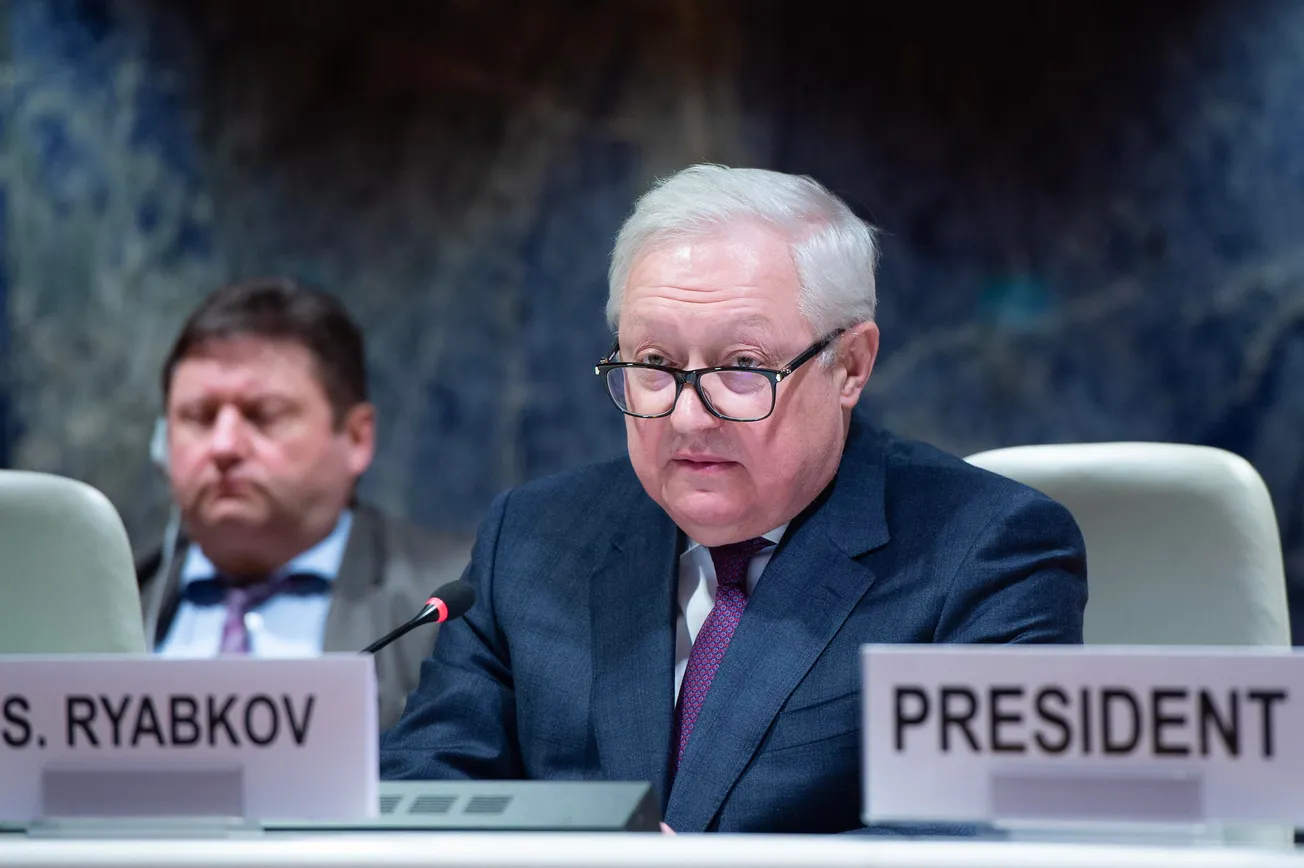Slovakian Prime Minister Robert Fico declared yesterday: “As long as I am the prime minister of the Slovak Republic, I will lead the legislators, whom I have control over as a party chairman, to never agree to Ukraine’s membership in NATO. Ukraine’s entry into NATO would serve as a good basis for a third world war. Because ... once Ukraine is a NATO member and a conflict similar to the current one breaks out, it will count as an attack on a NATO member, and some extremely dangerous mechanisms can be triggered.” Slovakia, like Hungary, are the only members of NATO and the EU that border Ukraine, and have been greatly affected since 2014 by the coup and the war.
Since the accession of new countries must be approved by all of NATO’s 32 existing members, with national parliaments voting on new candidates, Fico’s position would normally end such provocative efforts. However, earlier this year a pro-Kiev activist has already fired several bullets into Fico, and recently Fico repeated that he expects a second assassination attempt.
Otherwise, Fico said: “There is a military conflict in a neighboring country where Slavs are killing each other, and Europe is significantly supporting this killing, which I just don’t understand.” The fighting “continues only because it is being strongly supported by the West… The sooner it ends, the better it will be.… Everyone thinks that through Ukraine we will bring the Russians to their knees, but this Russophobia does not work. It turns out that this problem cannot be solved militarily.”
On Russophobia, he explained that next year, on the 80th anniversary of the defeat of the Nazis, he would like to attend Moscow’s celebrations: “Please, let’s not suffer from this Russophobia. Let’s not automatically say immediately when we make positive statements about the Red Army or the former Soviet Union that we are some kind of Putin’s agents.” In fact, Russia should be praised for their role, “Because freedom came to Slovakia from the east.”
Fico also pledged that, once the fighting ends, he would restore trade and political ties with Moscow, because “the EU needs Russia, and Russia needs the EU.”




